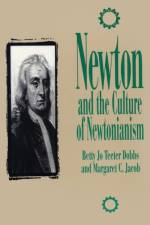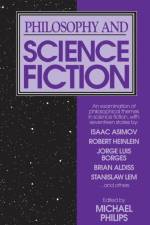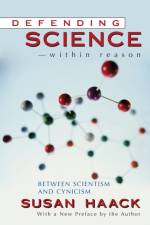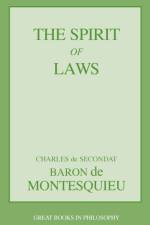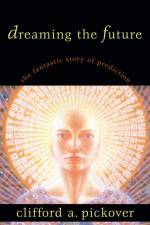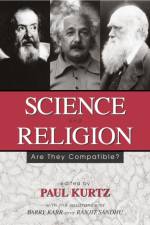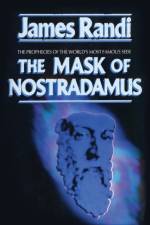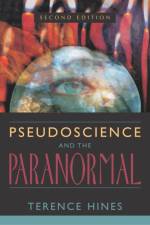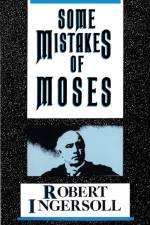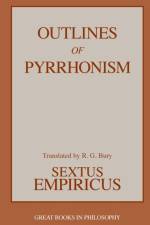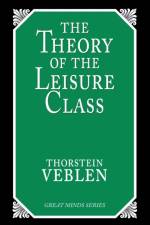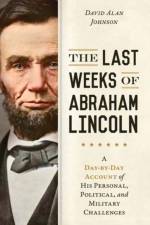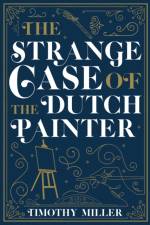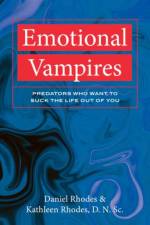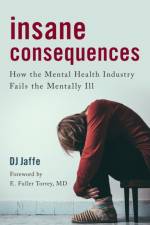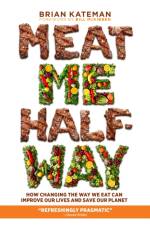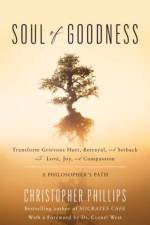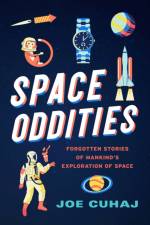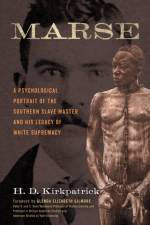- Transform Grievous Hurt, Betrayal, and Setback into Love, Joy, and Compassion
av Christopher Phillips
307
Christopher Phillips has devoted his life to carrying the torch of Socrates and his quest to "Know Thyself.? Yet upon the death of his beloved father and mentor, the originator of the burgeoning global Socrates Café movement had little choice but to confront the inescapable truth: that there are some things we cannot know for sure. This moving, insightful and ultimately hopeful and helpful blend of memoir and philosophical exploration begins in Phillips' native stomping grounds of the tiny volcanic island of Nisyros, Greece and unfurls through space and time as the author explores the connections between his immediate circumstances and the eternal wisdom of popular philosophers. -In this personal and probing book, the acclaimed ?philosopher for the people' shares lessons gleaned from his intimate and often unexpected encounters with uncommonly perceptive human beings both living and long deceased, in the form of weary travelers and some of history's greatest thinkers, from Heraclitus to Dr. Cornel West. Along the way, he charts a pathway for sculpting what Shakespeare describes as a "soul of goodness,? which meshes with Plato's paradigm-shattering conception of the "healthiness of soul.? For those struggling to overcome the hopelessness that can result from grievous loss, setback, or betrayal - what Phillips' touchstone Percy Blythe Shelley calls life circumstances "darker than death or night? - the author spotlights, with philosophical prescriptions both timely and timeless, how to cultivate a ?Socratic spirit' that leads to renewed love, forbearance, and hope at the other end of the tunnel.


